From vintage BMW ICEs to the classic Ford-Cosworth, these are our favourite engines.
Mark Tisshaw - BMW M41, M47, N47 and B47
No letter-and-number combination more dependable than 320d has been stuck on a bootlid for much of the 21st century. If you wanted the ideal blend of performance and economy when covering big miles, this 2.0-litre oil-burner ticked every box going. Frankly, for anyone still doing big miles, it still does – and not just in the 3 Series, given its ubiquity in other BMW models. BMW’s diesel high point was perhaps the sass and the smoothness of the six-pot in the E90-generation 335d. But for longevity and all-round ability, the 1995cc engine (which can be traced all the way back to the M41 unit of 1994, since replaced by the M47, N47 and today’s so-called B47) gets my nod.
Richard Lane - Porsche MDG.GA
My favourite? Porsche’s MDG.GA, aka the 4.0-litre flat six in the 991.2-gen 911 GT3. The old M97.74 4.0-litre in the 997-era GT3 RS is said to be the pinnacle of the legendary Mezger-based engines and thus the finest road-going 911 engine ever, but I’ve never experienced it, so can’t comment. And perhaps that’s just as well. I’m really not sure I could cope with something even more vivid than the 9000rpm MDG.GA, whose redline shriek seems to have been dulled a tad by big new particulate filters on the new 992 GT3. No, the 991.2 is the sweet spot: throttle response is stingingly sharp, to the extent that it matches that of the electric Porsche Taycan; the intake bellows savagely through the mid-range; and the top end is so waspishly metallic and fat-free that you would swear the hardware had been blueprinted thrice over. It’s a clenched fist of an engine, but also so usable day to day.
James Attwood - Ford-Cosworth DFV
No engine has had so profound an impact on motorsport as the Ford-Cosworth Double Four Valve. Developed after Lotus boss Colin Chapman brokered a deal for Ford to fund Cosworth’s light and powerful unit, the DFV took the first of 155 wins on its debut in 1967. As an affordable customer engine, it shifted Formula 1’s balance of power from manufacturers to teams, setting the stage for Bernie Ecclestone’s commercial revolution. It had longevity, taking its final grand prix victory in 1983, and it didn’t just succeed in F1: DFV-powered cars took two Le Mans wins, and the turbocharged DFX spin-off won 10 Indianapolis 500s. No matter how many races Mercedes-AMG’s turbo V6 hybrid powertrain wins, it will never match the DFV for impact. Nor will it ever sound as glorious on full song.
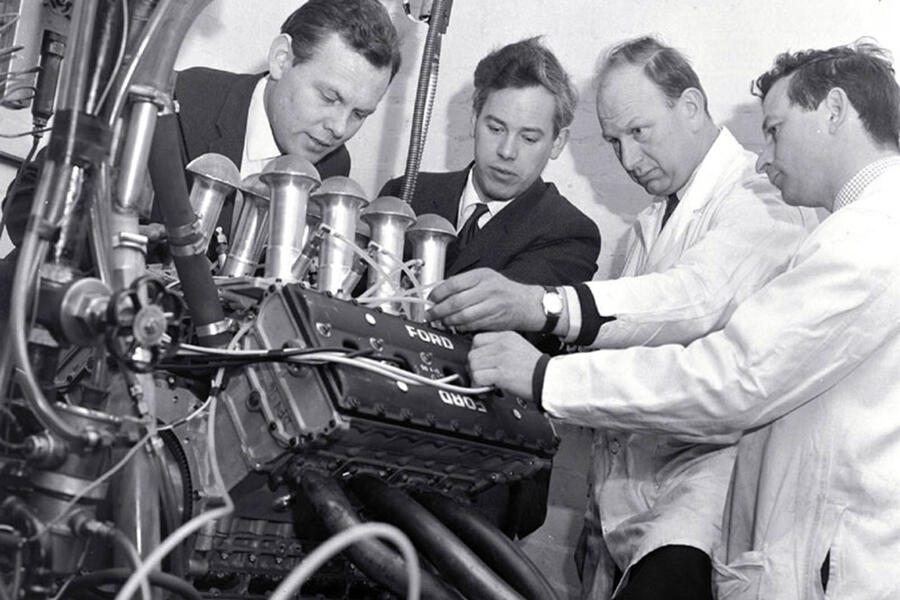

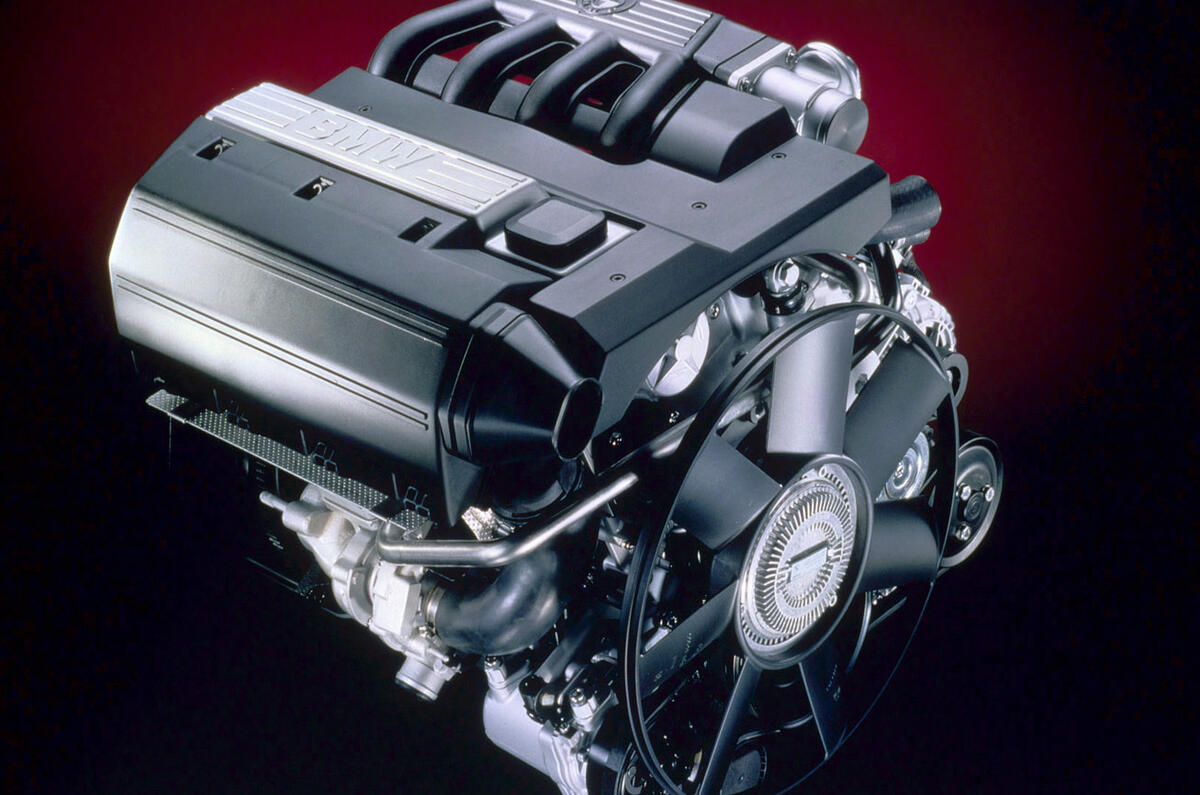
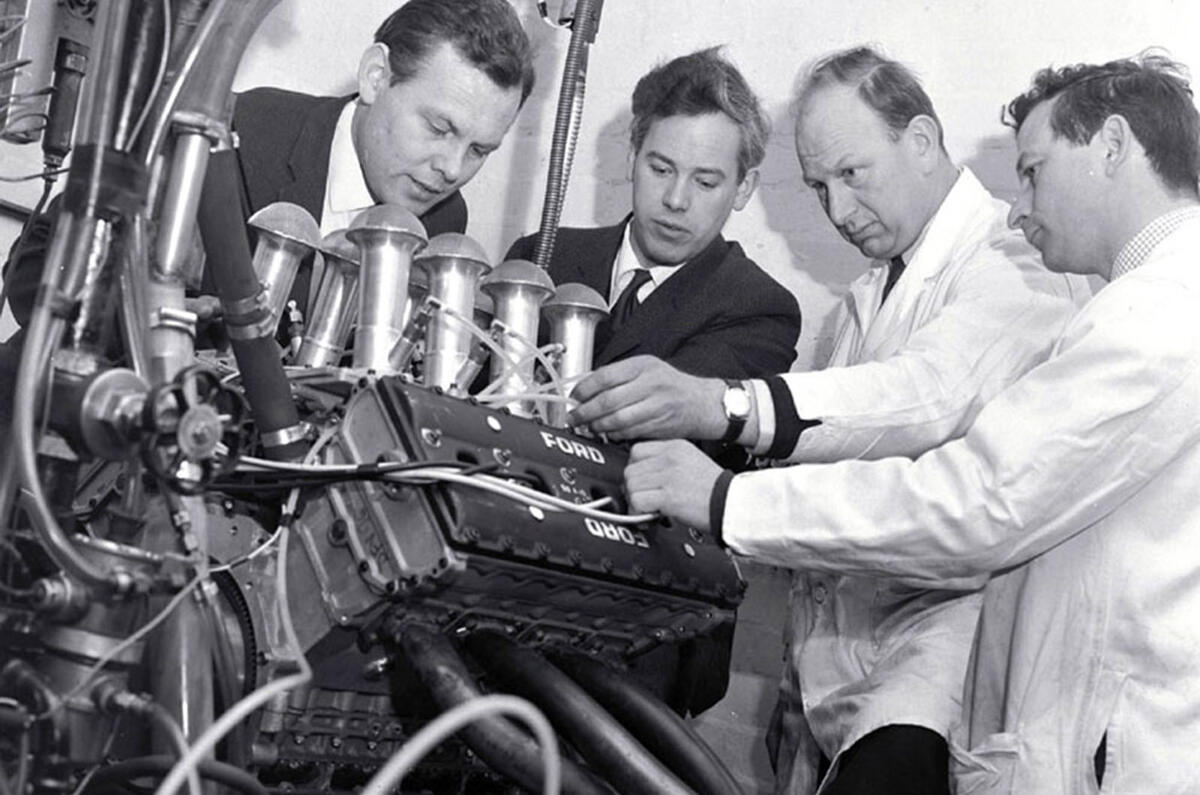
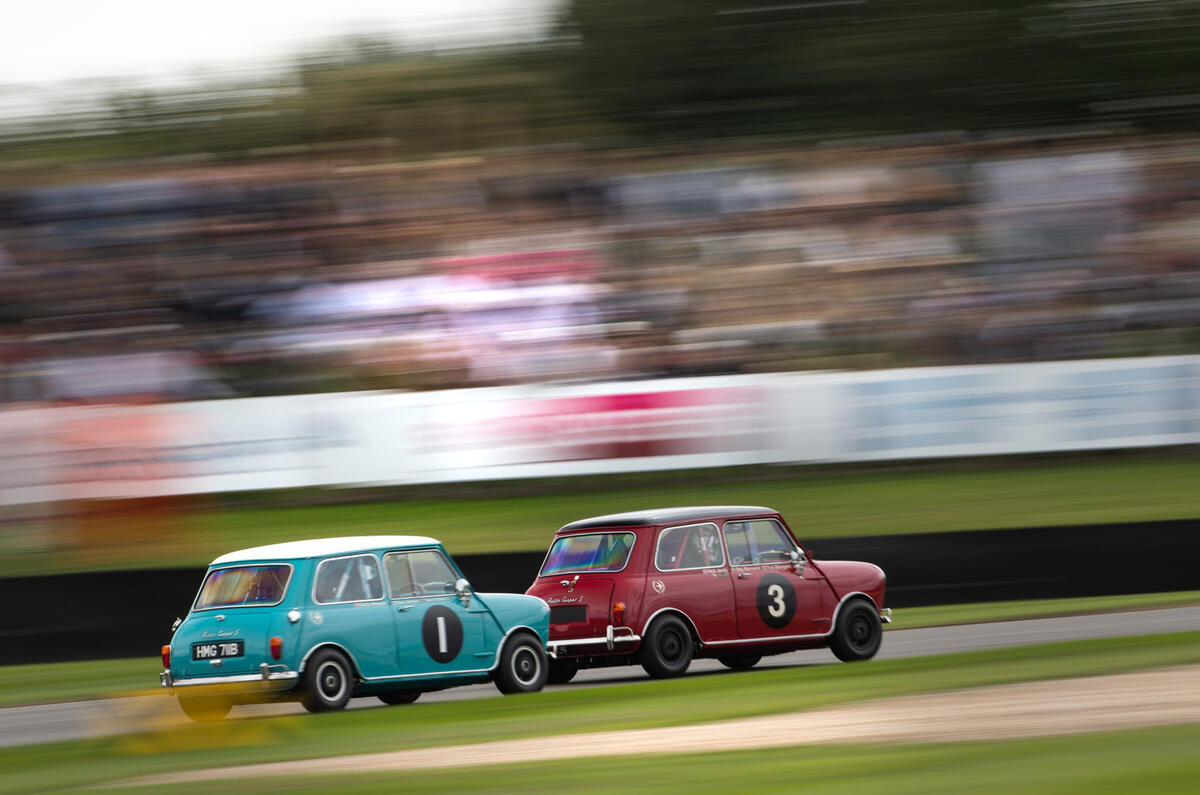
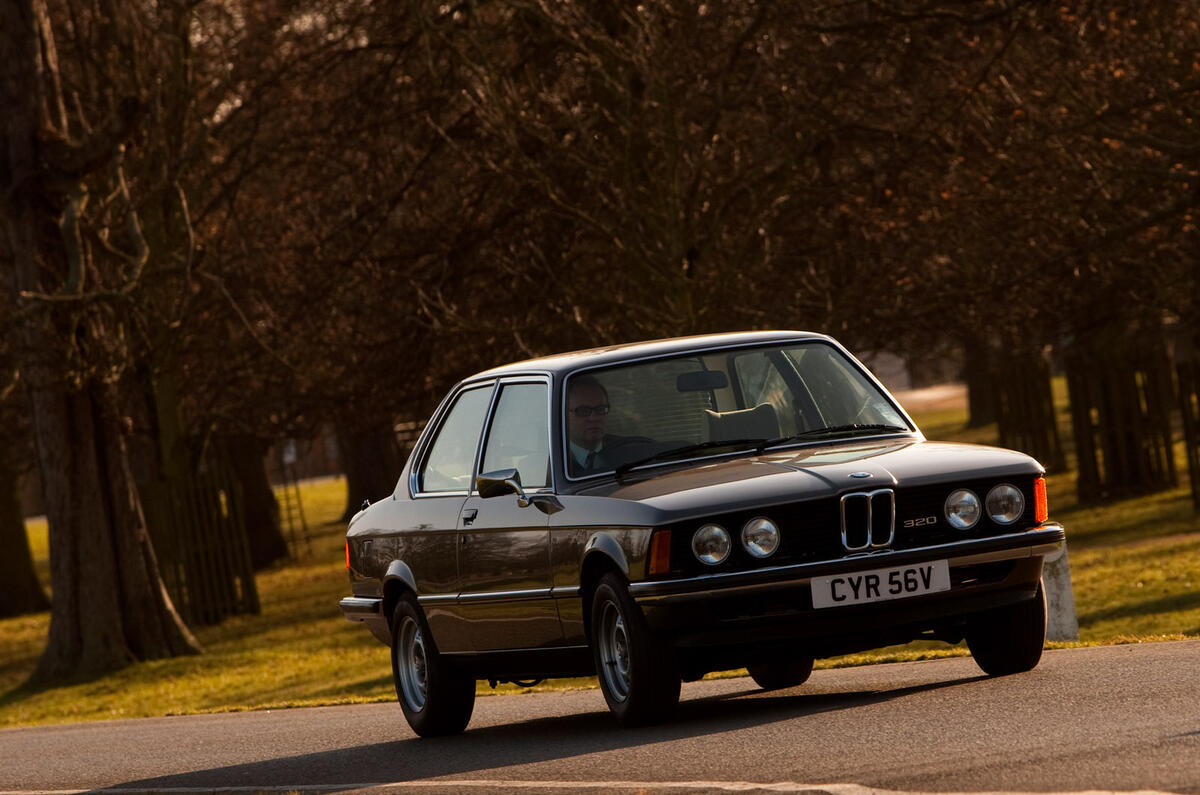
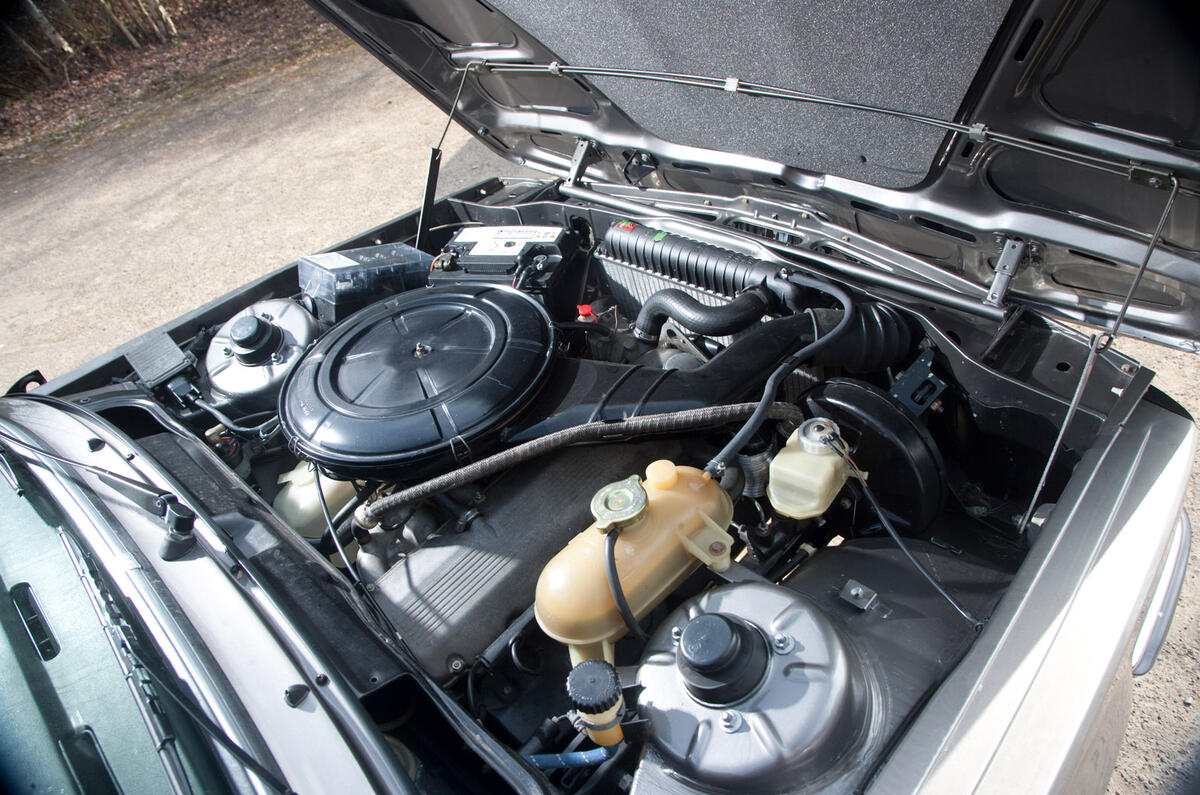
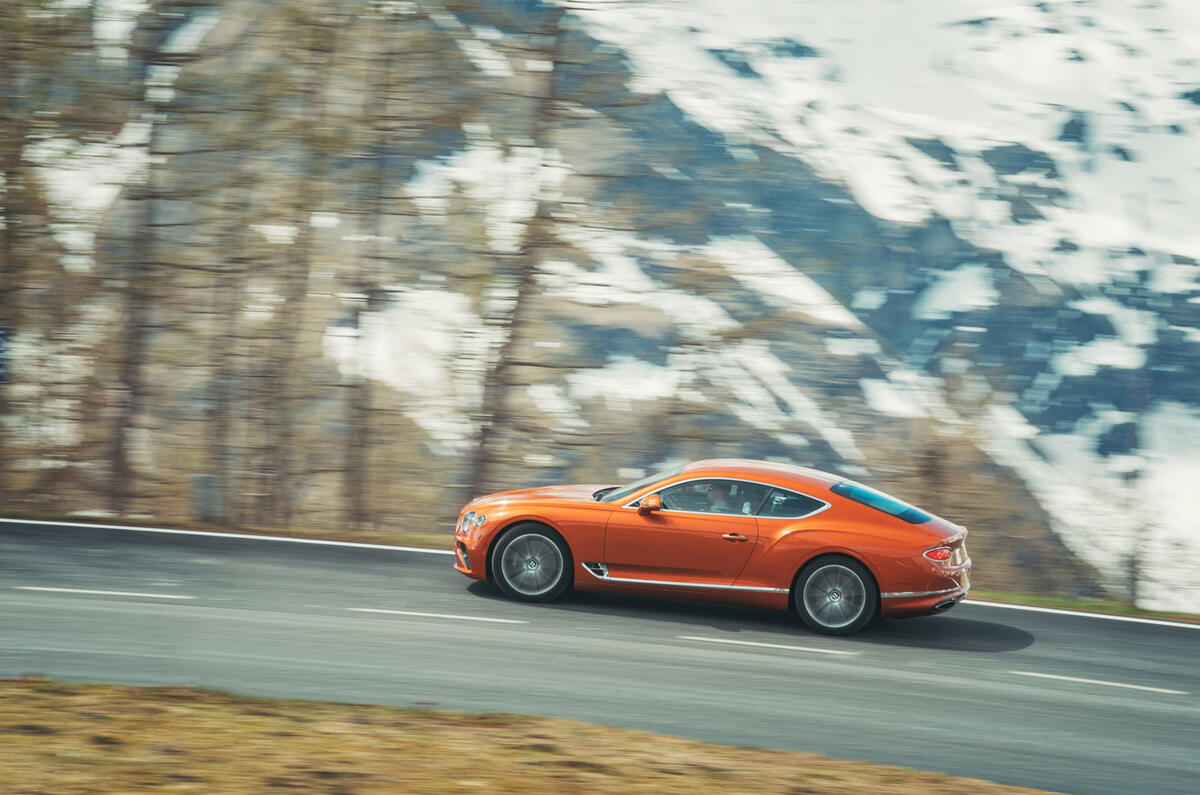
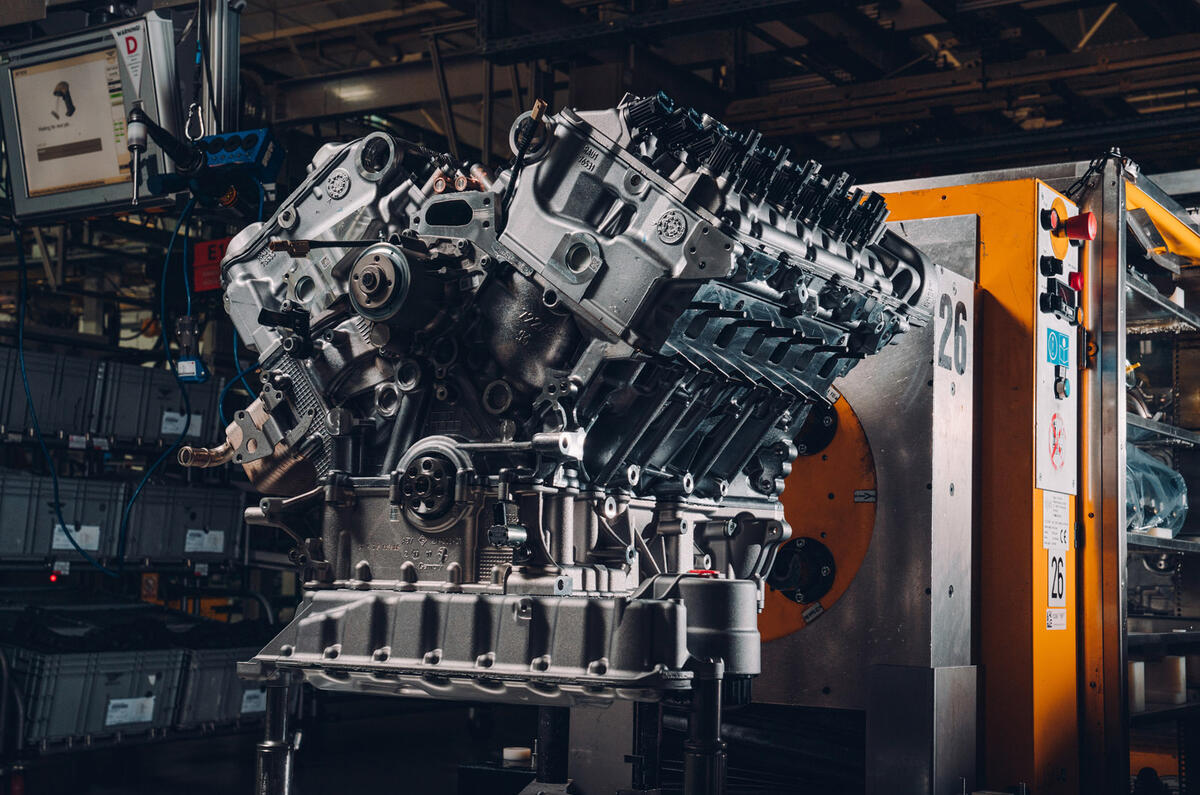
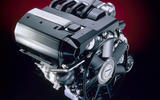
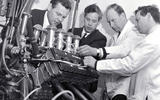
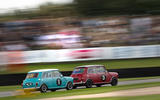

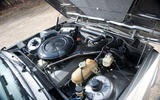

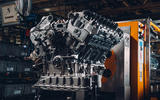

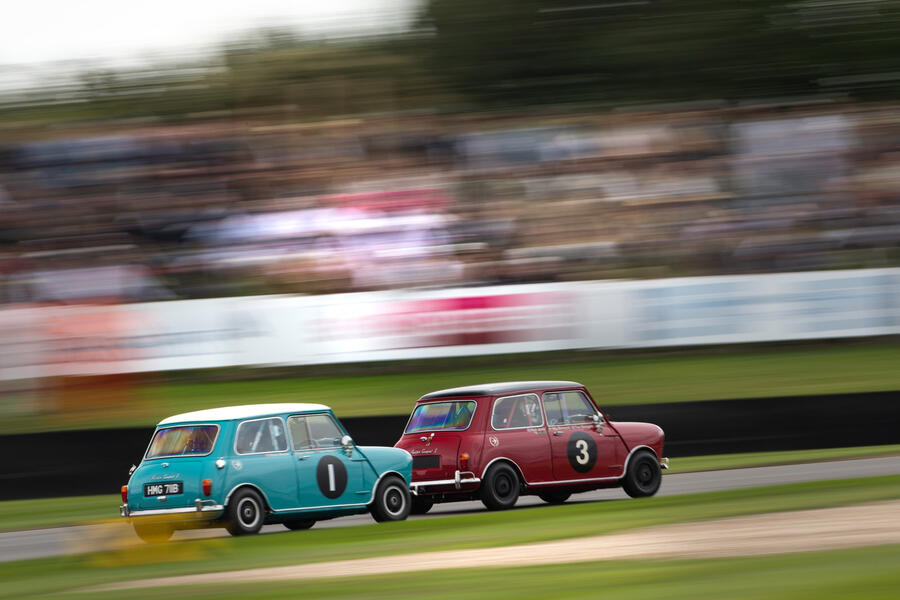


Join the debate
Add your comment
In recognition of its incredible power output, the Honda S2000's engine has won the International Engine of the Year category for 1.8 to 2.2-liter engines five times ...